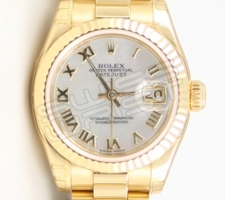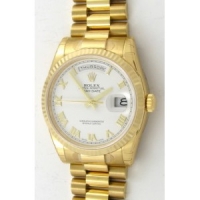As each one of our children was born, Nate and I established two guidelines for naming them: (1) to follow Swedish tradition, and (2) for their names to be uncommon. Looking back, I wish we’d have put more weight on the meanings, but in the end, we named them Nelson, Lars, Linnea, Klaus, Hans, Louisa and Birgitta.
We knew we were taking a chance by using unusual names and hoped our offspring wouldn’t hate them, but of course as youngsters they did. They wanted to share commonly used names so that when they were asked, no repetition would be necessary.
But as we hoped, they all grew into their names, eventually becoming thankful for them. I always said, “If you get famous for any reason, you won’t even have to use your last name.”
In a hospital scene repeated seven times (at Swedish Covenant in Chicago), I remember delightful talks with Nate while holding each newborn as we finalized a name. Although we went into labor and delivery with a list of boy and girl favorites, it didn’t seem right to decide until we got a look at him or her. Then, almost always, the “right” name would pop out of the list.
Part of those naming conversations would always be mulling over possible nicknames, exploring whether or not anything would be intolerable. Now we know there isn’t a name anywhere without nickname potential. More significant was that I gave birth to the most prolific nick-namer ever: Lars.
Even last week at Afterglow, the five grandkids all came away with his “new” names: The Tawny Owl, Mix Master, Nk Chk, Big Time and Sky-Sky.
Several years ago our younger girls gave Nate and I nicknames: Pidge and Midge. I liked mine, but Nate wasn’t as enamored. “Sounds a lot like pidgeon,” he said. Mary and Bevin became Modge and Podge, and one of their daughters Morge. So we are now Midge, Pidge, Modge, Podge and Morge.
Names are important to God. Scripture says he wrote us into the Book of Life from before the world was even made. In his limitless foreknowledge, he knew what people like Nate and I would decide to name each of our children and already had those choices written down. Such a thought is mind-boggling and completely wonderful.
At some future date when God directs that the world is to end, he says we’ll receive new names, each one known only to the person receiving it. (Revelation 2:17) This sounds mysterious, especially because when it happens, he’s going to write it on a white stone as he gives it to us. Maybe these new names are the ones written in his book rather than the names we now have. In any case, Jesus makes it clear, while teaching his followers, that even more important than a name is where it’s written down. Is it in the Book of Life? If it is, it’ll stand strong as a reservation for residence in heaven.
Nate’s name was there, and as a result, so is he.
“Do not rejoice that the spirits submit to you, but rejoice that your names are written in heaven.” (Luke 10:20)





